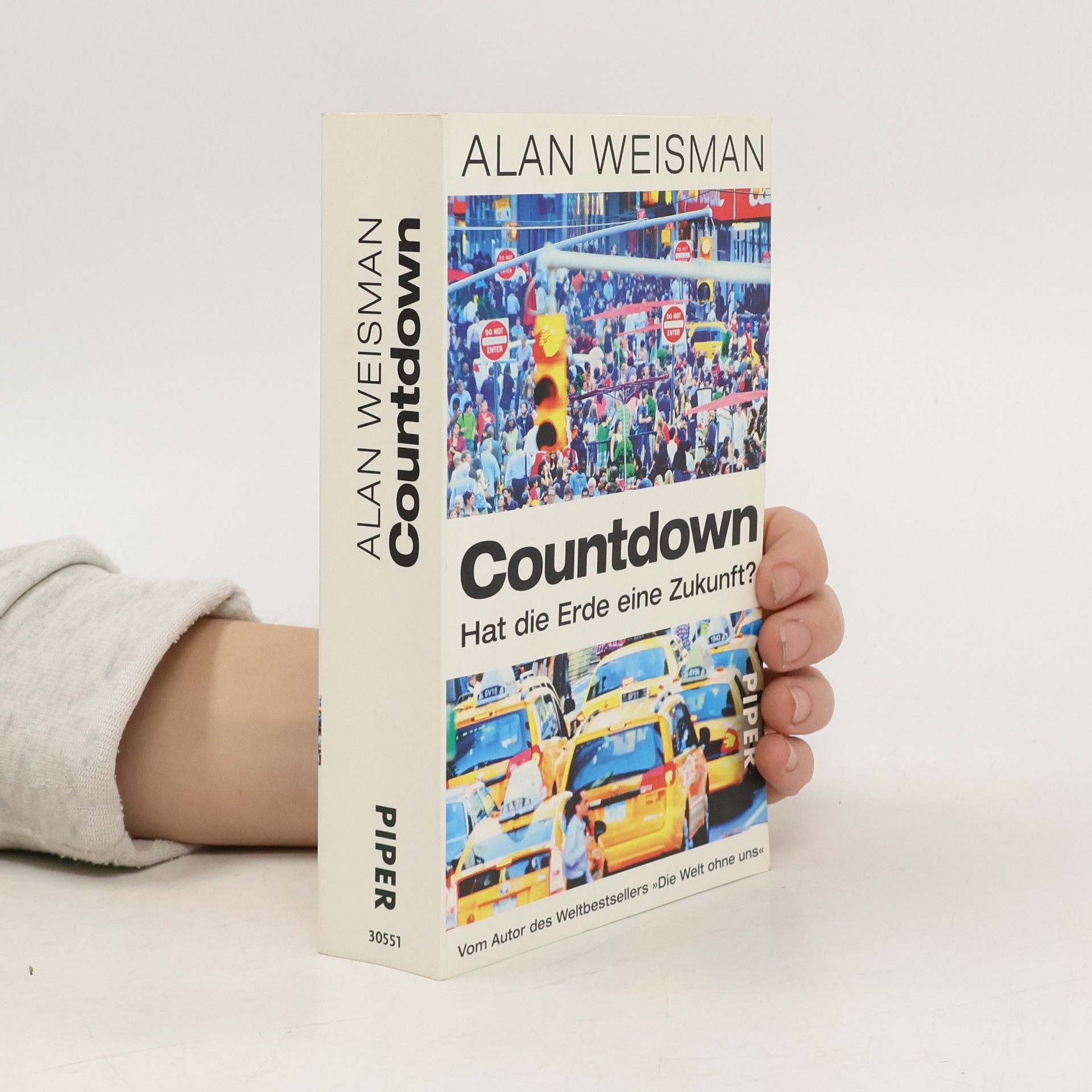The World Without Us
- 288bladzijden
- 11 uur lezen
" On the day after humans disappear, nature takes over and immediately begins cleaning house - or houses, that is. Cleans them right off the face of the earth.They all go." Alan Weisman looks to the future to discover what the world might be like, and how it would change, if humans disappeared right now, for good. In the current age of anxiety over our impact on the earth's climate and environment, this timely book offers an intriguing glimpse of what the real legacy of our time on the planet may be. How would the natural world respond if it were suddenly relieved of the burden of humanity? Would the climate return to where it was before we fired up our engines? Could nature ever obliterate all traces of human civilization?How would it undo our largest buildings and public works, and could it reduce our myriad plastics and synthetics to benign, basic elements? And what about architecture and art?What will be our most enduring legacy? This groundbreaking book examines areas of the world that have been abandoned or never occupied by humans to see how they have fared without us and looks beyond to discover whether, and for how long, our largest cities, biggest achievements and most devastating mistakes will last after we are gone. In doing so it wrestles with some of the key concerns of our time and reveals a picture of the future that is both illuminating and terrifying.






